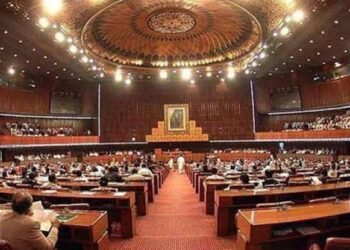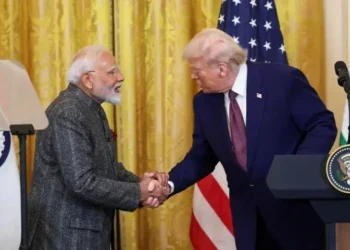ISLAMABAD; The Ministry of Energy announced on Friday that Pakistan has awarded 23 offshore exploration blocks to four consortia of local and international companies, marking the country’s first offshore bidding round in nearly two decades.
According to the statement, the awarded bids were led by domestic energy giants, including Oil and Gas Development Company Limited (OGDCL), Pakistan Petroleum Limited (PPL), Mari Petroleum, and Prime Energy, which is backed by Hub Power Company (Hubco). Several foreign partners, including Türkiye’s state-owned oil company TPAO, also participated.
The 23 awarded blocks, out of a total of 40 offered, cover an area of approximately 53,500 square kilometres across Pakistan’s Indus and Makran offshore basins. TPAO secured a 25% stake and operational rights in one of the awarded blocks through its joint venture with PPL earlier this year. Other consortium partners include Hong Kong’s United Energy Group, Orient Petroleum, and Fatima Petroleum of the Fatima Group conglomerate.
The four winning consortia have collectively pledged around $80 million for exploration activities during the initial three-year phase. Total investments could reach between $750 million and $1 billion if drilling operations proceed successfully.
Energy Minister Muhammad Ali stated that Phase-I of the agreement will focus on extensive geophysical and geological studies, including seismic data acquisition, processing, and interpretation to identify hydrocarbon prospects. Upon completion, Phase-II will involve drilling exploratory wells in the most promising areas.
A recent study by US petroleum consulting firm DeGolyer and MacNaughton highlighted significant untapped hydrocarbon potential in Pakistan’s offshore basins. To capitalise on this opportunity, the federal government also launched the “Offshore Bid Round 2025,” offering new exploration areas to domestic and foreign investors.
Pakistan’s offshore zone spans about 300,000 square kilometres bordering Oman, the UAE, and Iran. Since independence, only 18 wells have been drilled — too few to accurately assess its energy reserves. The government aims to attract renewed international interest after the 2019 failure of the Kekra-1 well prompted the exit of ExxonMobil.





































































